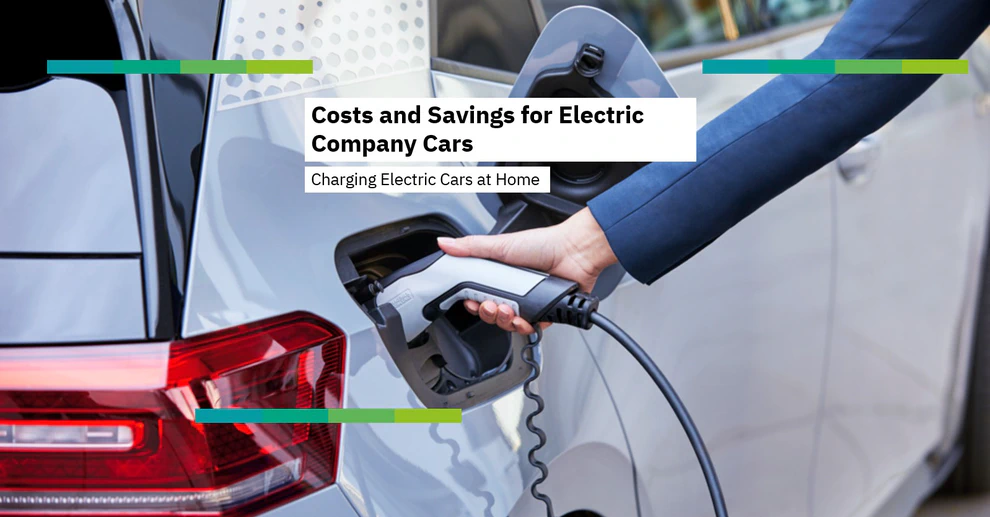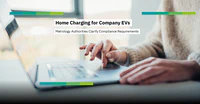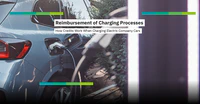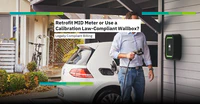Charging electric vehicles (EVs) at home not only offers convenience but also significant cost advantages compared to public charging (charge@home vs. charge@public). But how can company car drivers and fleet managers make the most of these benefits? In this blog post, we explore the various savings opportunities when charging your EV at home and how they impact overall costs.
General Cost Breakdown for Electric Company Cars
The costs of charging an electric company car consist of several factors: electricity costs, installation costs for the charging infrastructure, and billing management costs. Compared to public charging, home charging offers significant cost advantages.
Cost-Saving Potential of charge@home
Lower Electricity Costs
Charging at home is generally cheaper than charging at a public station. This is because home electricity prices are often lower than those at public charging points. The number of public charging points is steadily increasing, growing by 40% in 2023 alone. However, due to low utilization, operating these points economically has become a challenge for operators, leading to continuously rising charging prices in recent years. As of early 2024, the average price at a public AC charging station (which is technically no different from a private wallbox) is 54 cents/kWh. In the fast-charging sector (DC charging), the costs are much higher. With this price difference, the investment costs for home charging infrastructure quickly pay off.
Using a Photovoltaic System
If you have a photovoltaic (PV) system , you can use the generated electricity to charge an electric vehicle. This not only reduces the electricity costs for home charging but also makes charging more environmentally friendly.
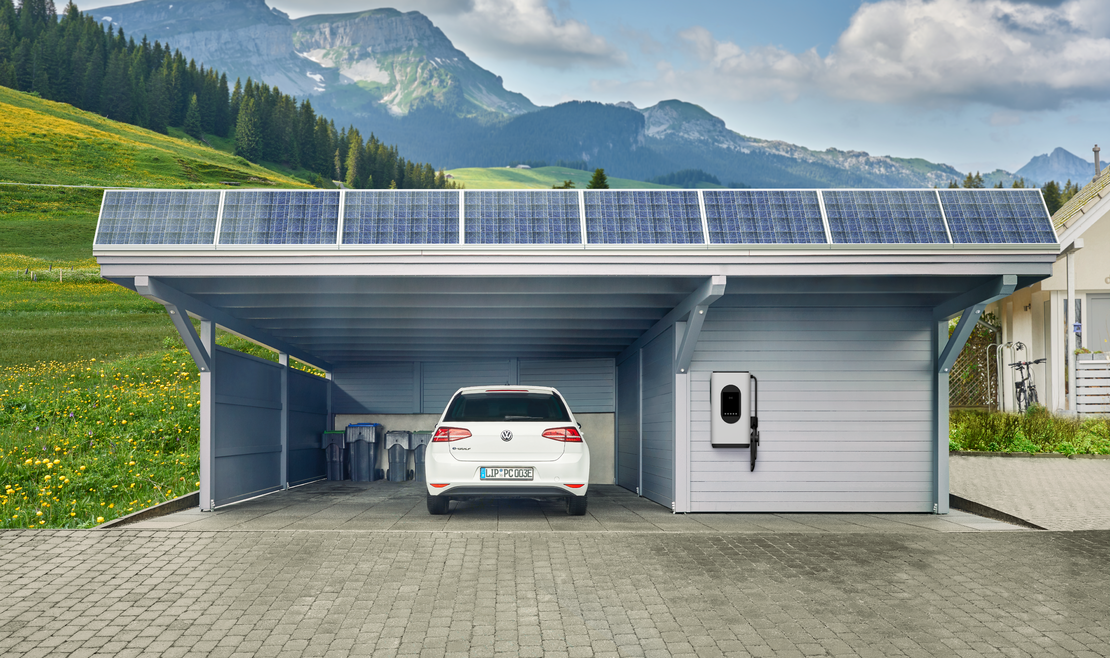
Dynamic Electricity Tariffs
Modern energy management systems allow you to take advantage of fluctuations in electricity prices on the market. By charging during times of low electricity prices, costs can be further reduced.
Utilizing Savings Potential
Offering company car drivers the option to charge at home is a prerequisite for realizing significant savings potential. However, there are some things to consider, as the energy charged cannot be billed to company car drivers in the same way as public providers.
Legally Compliant Home Charging Station : For home installation, it is crucial that it complies with legal requirements to ensure correct billing.
Flexibility for the Company Car Driver: To ensure that the company car driver can actually use the charge@home offer without resorting to expensive public charging stations, maximum flexibility in the offered solution is important. It should not be limited to just one wallbox model that can be used for billing.
Automatic Billing: Monthly reimbursement of charging costs to each individual company car driver involves high efforts. An automated billing system is essential here.
Investment in Charging Infrastructure
Many companies subsidize or fully pay for the purchase of private charging infrastructure. Even here, unnecessarily high costs can be avoided. Not every location requires a new wallbox installation. Some company car drivers already have their own wallbox installed, which can be directly used for billing or retrofitted.
New Installation: Here, the company car driver should have a wide selection of wallbox models available that can be used for billing with the company. It is particularly important that the wallbox complies with legal requirements.
Existing Installation: Companies can save money if the drivers of their company vehicles already have a legally compliant wallbox and only need to integrate it into the billing system. Even non-compliant models can be legally used for billing through solutions like the Charge Repay Service. Such retrofits are always cheaper than dismantling existing devices and purchasing and installing a new legally compliant wallbox, as many providers offer.
Charge Repay Service
If there is an existing home installation for the company car driver, it must now be ensured that it is legally compliant. The Charge Repay Service from Phoenix Contact offers a cost-effective solution for retrofitting wallboxes. Through the patented process, any wallbox in the charge@home area can be authorized for legally compliant billing. Compared to replacing with a new wallbox, up to 50% of the costs can be saved.
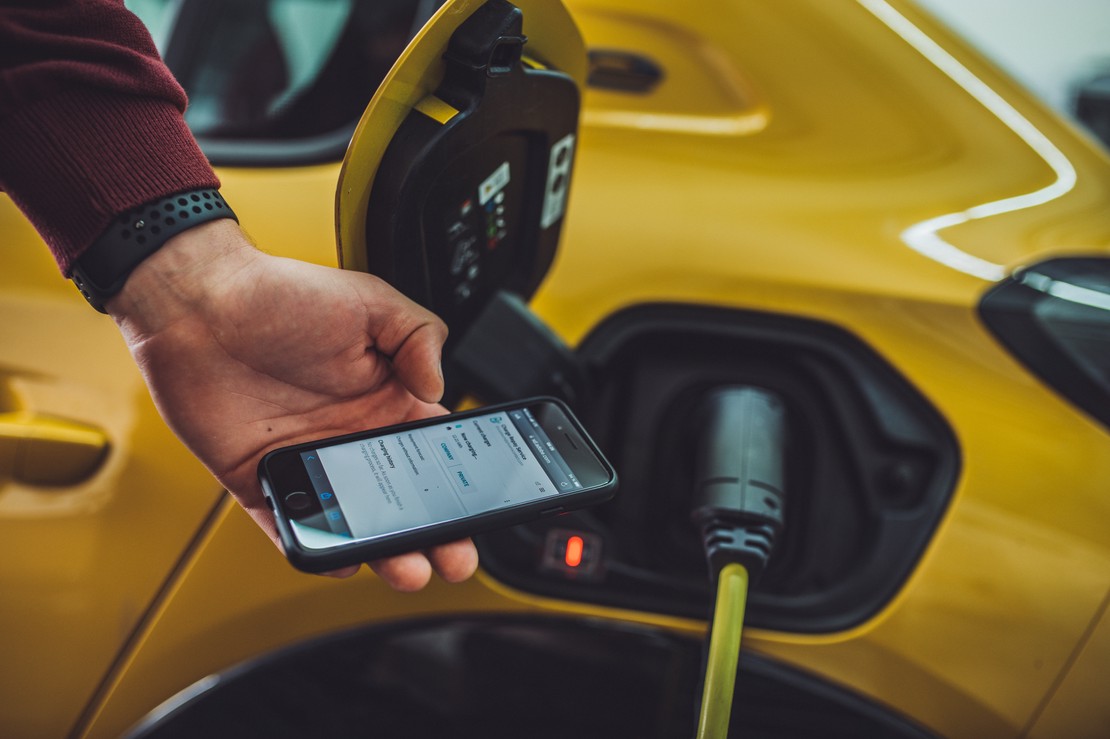
Hidden Internal Costs
Companies offering charge@home should ensure they have automated processes for billing and reimbursing the charged electricity. Recording different proofs of the charged electricity amount through travel expense reports involves significant costs. Implementing an automated billing process is an investment that stands out for its efficiency and cost-effectiveness. Assuming an hourly rate of about 50 euros and considering the effort that company car drivers as well as HR and finance staff put into manual billing, monthly personnel costs of 100 - 150 euros per billing and company car driver quickly arise. The investment costs for automated billing usually pay off within six months when comparing the manual effort. An automated billing service typically costs no more than 15 - 20 euros per month and charging point. Even if you have a small fleet, switching to an automated billing system is worthwhile.
Tax-Free Home Charging
Another advantage for companies and employees is the possibility of tax-free home charging. According to current regulations (2024), employers can reimburse the costs for home charging of electric vehicles tax-free. This provides an additional financial incentive for using electric company cars and helps reduce overall costs. For more information, see our article “Tax Benefits for Electric Company Cars 2024. ”
Conclusion
Implementing a home charging system for electric company cars offers numerous cost-saving potentials. Especially the lower electricity costs increase the attractiveness of charge@home for companies. However, there are some points, such as choosing the right billing system, that play an important role in ensuring that company car drivers use the offer and no hidden costs arise for the company.
